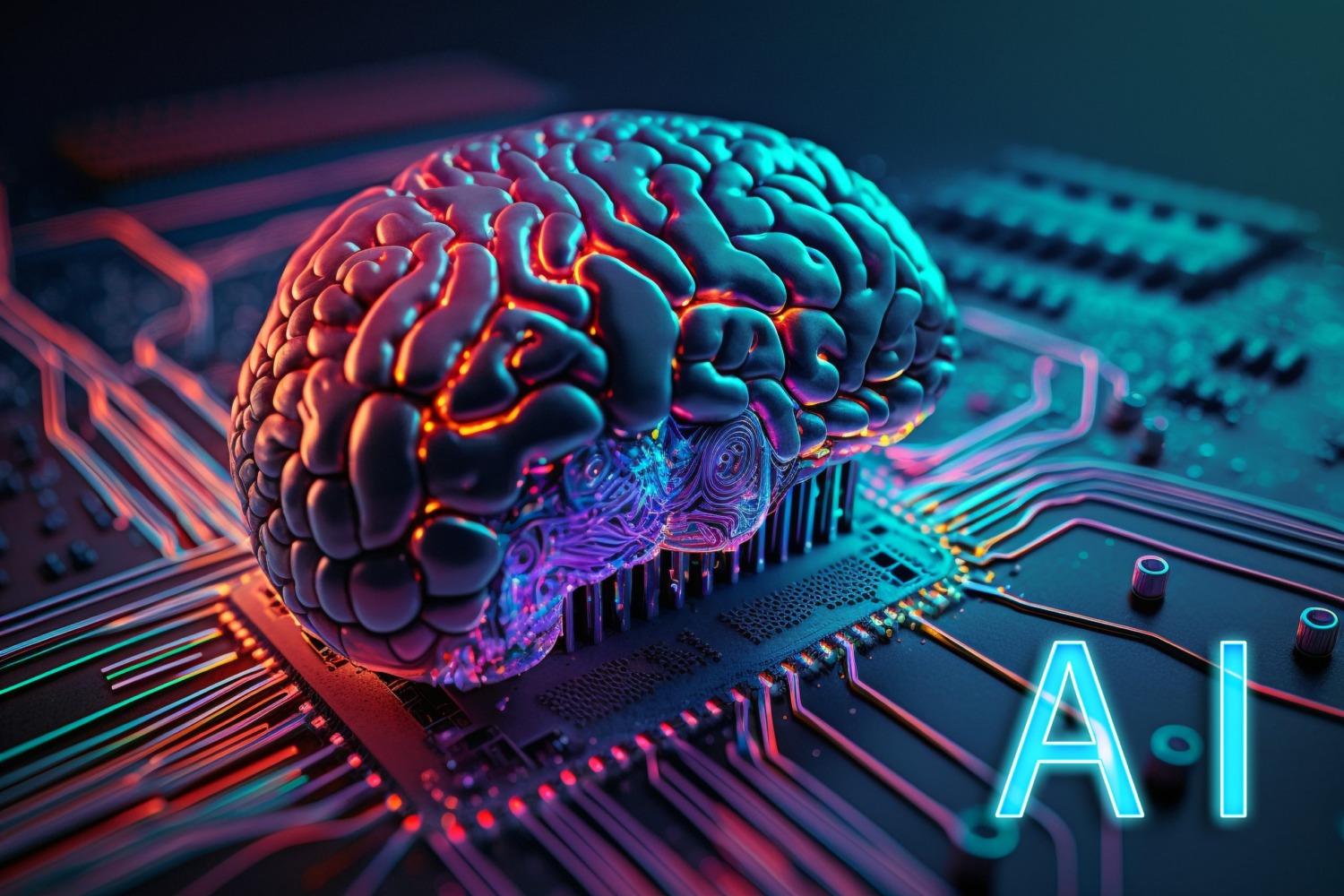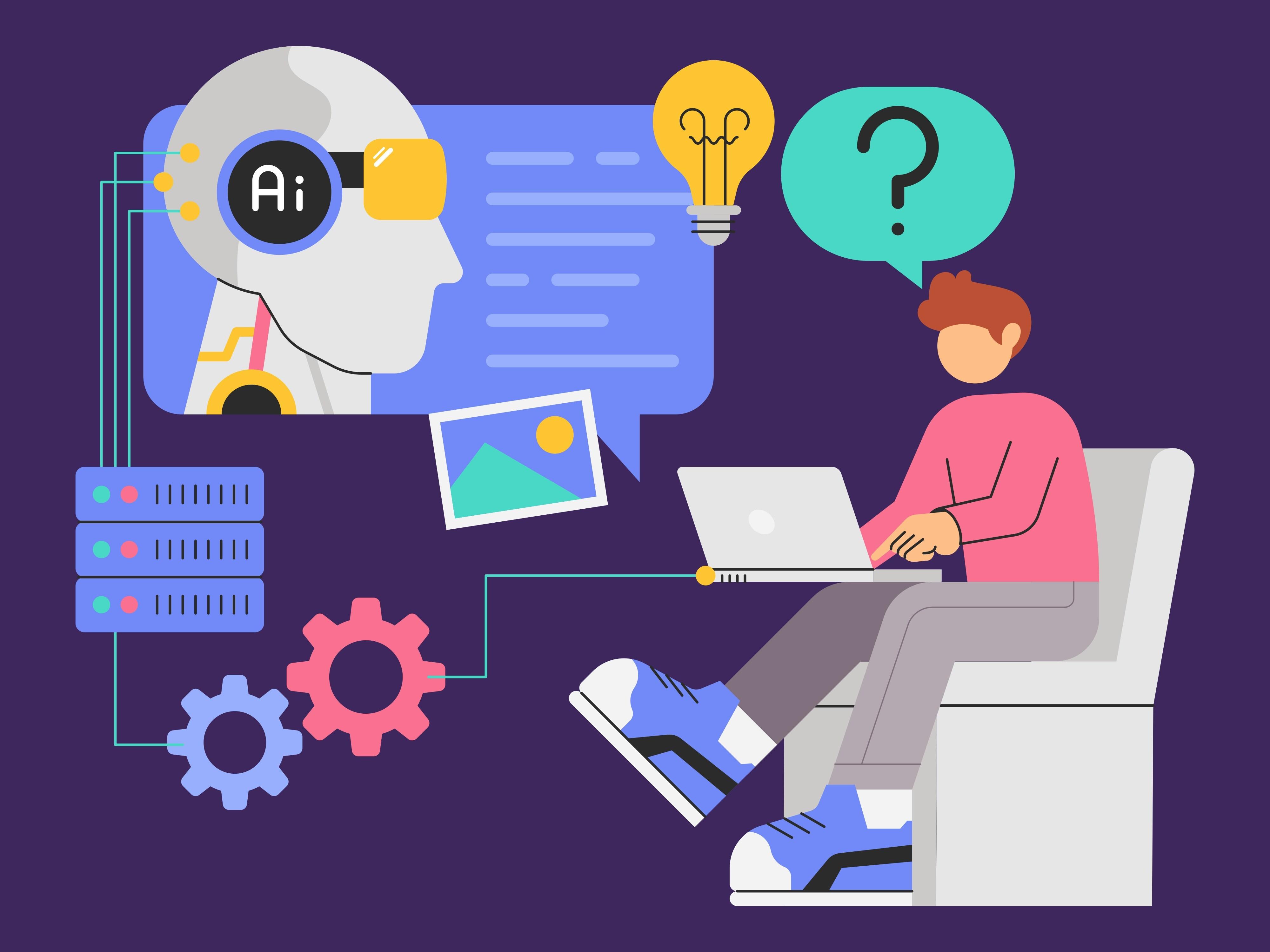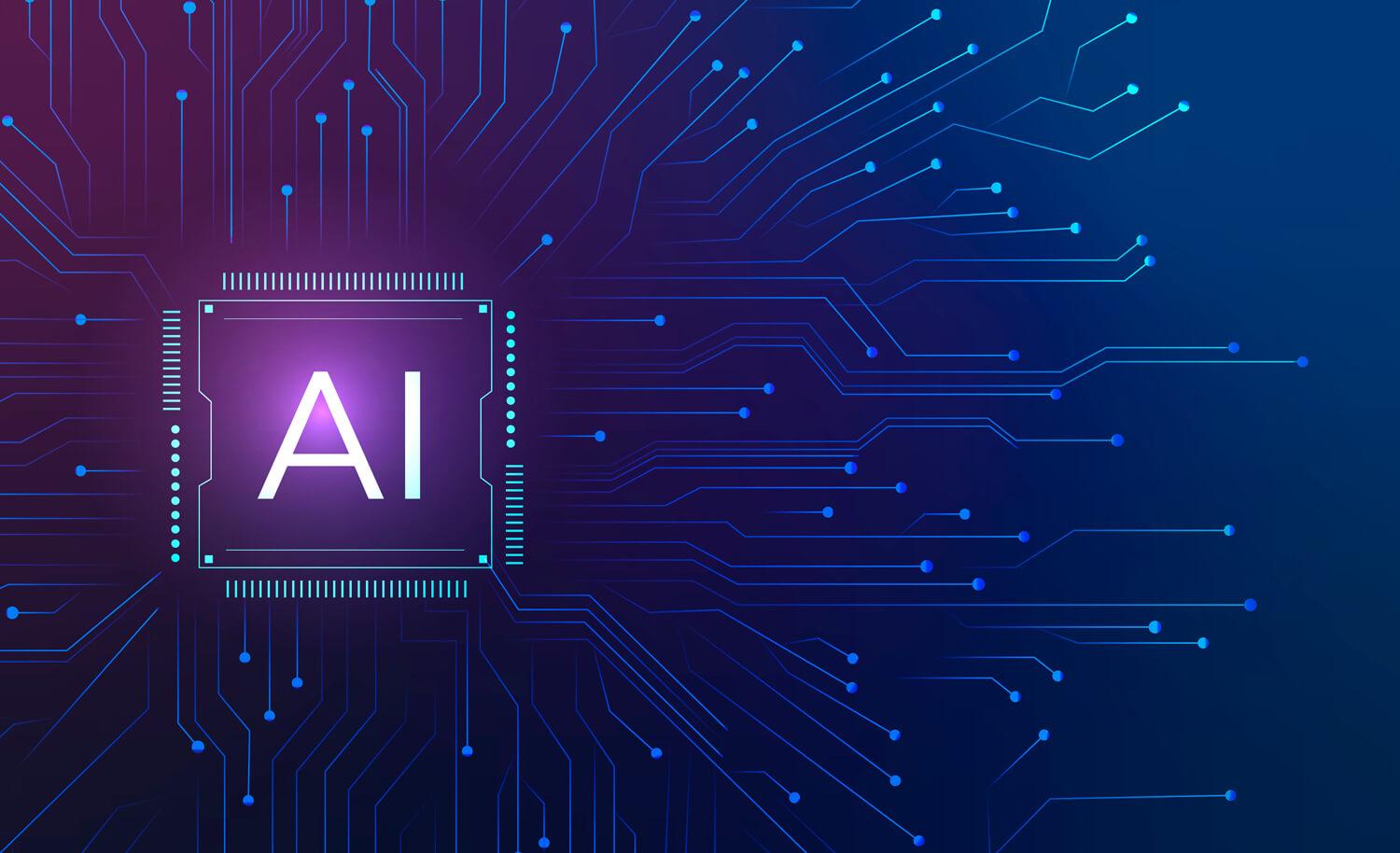In a world increasingly dominated by technology, the term “AI agent” has emerged as a pivotal concept, reshaping how we interact with machines and each other. Among the key players in this dynamic landscape is SoftBank, a company known for its innovative approach to artificial intelligence. This article delves into the multifaceted phenomenon of AI agents, unpacking their roles, functionalities, and implications within the context of SoftBank’s contributions to the field. From clever virtual assistants to advanced robotic systems, we will explore how SoftBank is leveraging AI to redefine modern interaction and drive forward the frontiers of technology. Join us as we decode the intricacies of this powerful keyword and its importance in today’s digital age.
Understanding the Role of AI Agents in Modern Business strategies
AI agents have become increasingly essential in contemporary business strategies, acting as both facilitators and enhancers of operations. Thes intelligent systems are capable of automating mundane tasks, analyzing vast datasets, and providing insights that support decision-making processes. Companies that leverage AI agents often experience improved efficiency and reduced costs, allowing human employees to focus on more complex and creative initiatives. Moreover, their ability to learn and adapt over time means that they can seamlessly integrate into various business models, tailoring their responses to meet specific organizational needs.
Key benefits of integrating AI agents into business strategies include:
- Enhanced Customer Experience: AI agents can provide 24/7 customer service, quickly resolving queries and improving satisfaction.
- Data-Driven Insights: By analyzing patterns and trends, these agents help businesses make informed decisions based on real-time data.
- Increased Operational Efficiency: Automating routine tasks reduces the workload on staff, allowing for better resource allocation.
- Scalability: AI solutions can grow with the business, enabling companies to manage increasing demands without a linear increase in costs.
| AI Agent Functions | Business Impact |
|---|---|
| Chatbots | Increased customer engagement and satisfaction. |
| Predictive Analytics | Informed strategic planning and risk management. |
| Process Automation | Reduced human error and operational costs. |

The Evolution of AI Technology at SoftBank and Its Impact
The journey of AI technology at SoftBank has been nothing short of revolutionary, marked by a commitment to innovation and a vision for the future. From the inception of basic AI functionalities, SoftBank has rapidly evolved its capabilities, incorporating complex algorithms and machine learning techniques. Today, AI agents are not just tools; they have become an integral part of the company’s ecosystem, impacting various sectors such as telecommunications, robotics, and customer service. The progress of AI technologies has allowed SoftBank to enhance customer interactions, streamline operations, and foster deeper insights into market trends. With each advancement, the role of AI agents shifts, increasingly becoming autonomous and capable of handling complex tasks that redefine user experiences.
SoftBank’s strategic collaboration with global technology firms has also played a crucial role in its evolution. Through partnerships, the company has accelerated research and development, allowing for the creation of refined AI agents that feature natural language processing, image recognition, and predictive analytics. These advancements have led to transformative applications across various industries. Such as, in the realm of customer support, AI agents are now utilized to provide real-time assistance and automate routine inquiries, significantly improving operational efficiency. The following table summarizes the key impacts of AI technology at SoftBank:
| Impact Area | Description |
|---|---|
| Customer Service | Enhanced interaction through AI chatbots and virtual assistants. |
| Robotics | Incorporation of AI for improved autonomy in robots. |
| Telecommunications | AI-driven analysis for better service personalization. |

Practical Applications of AI Agents: Enhancing Efficiency and Innovation
In today’s fast-paced digital landscape, AI agents have become pivotal in driving innovation and efficiency across various sectors.These intelligent systems are capable of automating mundane tasks, allowing employees to focus on more strategic initiatives. Key benefits include:
- Streamlined Processes: AI agents can analyze data patterns and optimize workflows, significantly reducing time spent on repetitive activities.
- Enhanced Decision-Making: By providing real-time insights derived from vast datasets, these agents support better, data-driven decisions.
- Cost Reduction: Automation of routine tasks can led to considerable savings in operational costs, freeing up resources for innovation.
furthermore, AI agents are revolutionizing customer engagement, offering personalized experiences that can adapt to individual user needs. As an example, businesses are leveraging AI for:
- 24/7 Customer Support: Intelligent chatbots can handle inquiries at any time, improving response rates and customer satisfaction.
- Targeted Marketing: AI algorithms analyze consumer behavior, enabling companies to create more relevant and engaging campaigns.
- Predictive Analytics: By forecasting customer demands, companies can optimize inventory and prevent stock shortages.
| Submission | Impact |
|---|---|
| Data Analysis | Improved accuracy in business forecasting |
| Process Automation | Reduced operational costs |
| Customer Insights | Tailored customer experiences |

Navigating Challenges: Best Practices for Implementing AI Solutions
Implementing AI solutions, such as those offered by ソフトバンク, can present a variety of challenges that require careful navigation. To tackle these challenges effectively, organizations should prioritize a clear understanding of their goals and the capabilities of the AI technology being utilized. Engagement from stakeholders is crucial; fostering a culture of collaboration can lead to more innovative solutions. Key best practices include:
- Thorough Research: Understand AI tools before implementation.
- Incremental Rollout: Introduce AI solutions gradually to monitor performance.
- Feedback Loops: Establish systems for stakeholders to provide input during deployment.
Moreover, bridging the gap between technical teams and decision-makers can streamline the process and enhance clarity. A cross-functional approach** ensures that all perspectives (technical, operational, and user-centric) are embraced. Consider maintaining clarity through regular updates and showcasing measurable improvements to build trust among users. Below is a table summarizing these practices:
| Best Practice | Description |
|---|---|
| Research | Understand the AI landscape |
| Incremental Rollout | Deploy solutions in phases |
| Feedback Loops | Gather insights from users |
| Cross-Functional Collaboration | Integrate diverse perspectives |
In Conclusion
As we conclude our exploration of the intricate relationship between AI agents and the innovative landscape of SoftBank,it becomes clear that the keywords that define this partnership are more than mere terms—they represent a transformative journey into the future of technology. from enhancing customer experiences to driving efficiency in operations, the integration of advanced AI capabilities stands as a testament to the potential that lies within these digital agents. as we continue to witness the evolution of AI and its applications, one thing is certain: understanding these keywords is just the beginning. They are the key that unlocks a world where human ingenuity and artificial intelligence harmoniously coexist, paving the way for a smarter, more connected tomorrow. thank you for joining us on this analytical journey; may it inspire further inquiries into the dynamic realm of AI and its breathtaking possibilities.